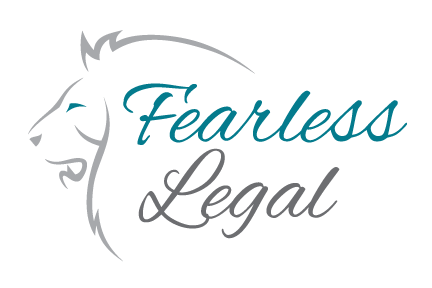The Ins and Outs of Zelle, PayPal and Venmo
Occasionally, I’ll have a client who pays me electronically with one of these platforms. I just had an electrician come in to install a couple of new fixtures in my house and I paid his invoice with Zelle. It’s fantastic, right?
A word of caution: Be careful when you’re using these platforms. Zelle does not provide any fraud protection if you, the consumer, initiated a transfer of funds. Meaning, if you pay the wrong person or place, that’s on you. The only time Zelle offers you any protection is if someone hacks your account.
Venmo gives zero protection at all to anyone. Once your money is gone, it’s gone.
PayPal offers some protections. Some transactions, such as purchasing an item that was damaged or that you did not receive, are covered if you file a dispute within 180 days. Unauthorized transactions are covered, so long as you file a dispute within 60 days. What’s NOT covered though, are in-person transactions using PayPal are not covered by its purchase protection policy, as well as transactions involving real estate, motor vehicles, or money sent to family and friends.
These are great platforms to exchange money, especially in an era when no one seems to be carrying cash. Just make sure you double and triple check the info for who you’re sending your money to!
